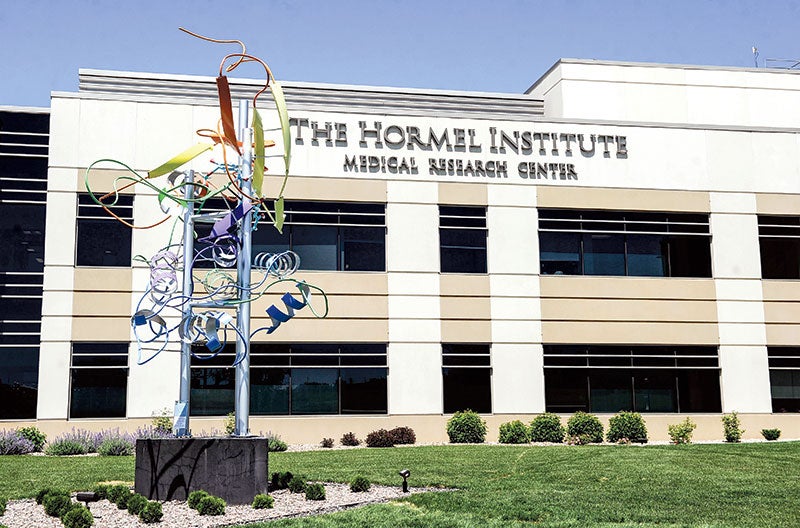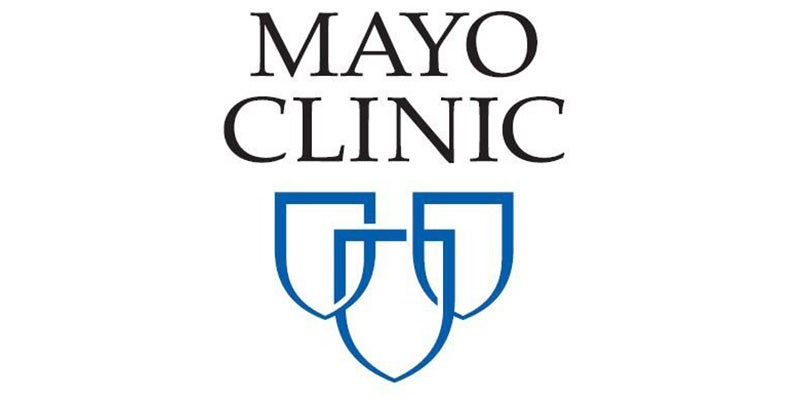Uncertainty reigns; 9/11 health programs for those made sick in attacks set to expire next year
Published 9:53 am Thursday, September 10, 2015
NEW YORK — Two federal programs that promised billions of dollars in compensation and medical care to sick 9/11 responders and survivors are set to expire next year, meaning a new round of uncertainty for people exposed to the toxic dust that fell on New York after hijacked jets toppled the World Trade Center.
Advocates for responders have been pushing hard for renewal. Bills in the House and Senate would keep the health program going indefinitely while making billions of additional dollars available for compensation for people who fall ill.
But the debate over an extension is taking place in a fog of ambiguity. Many 9/11 responders, like Charles Diaz, are trying to figure out whether some or all of their care might be covered by private, public or union health insurance plans when the programs end.
Diaz, a retired Sanitation Department police captain, suffered a broken arm when the twin towers fell and was later diagnosed with a cancer that he blames on exposure to dust. Today, he relies on the World Trade Center Health Program to pay for the anti-leukemia drug Sprycel, which has a list price of $10,300 per month.
Who will pay for the drug if the program goes away?
“I have no idea,” Diaz said.
Nearly 21,600 people received treatment through the World Trade Center Health Program over the past year, according to federal data, but officials haven’t been able to say how many patients might lose access to doctors or medication if the program shuts down as planned next September.
Most health plans for active or retired city workers do cover cancer care, but some patients can still get socked with thousands of dollars in co-payments, depending on factors including availability of worker’s compensation, the strength of their union’s pharmacy plan, and whether they live close enough to New York to be treated by an in-network doctor.




